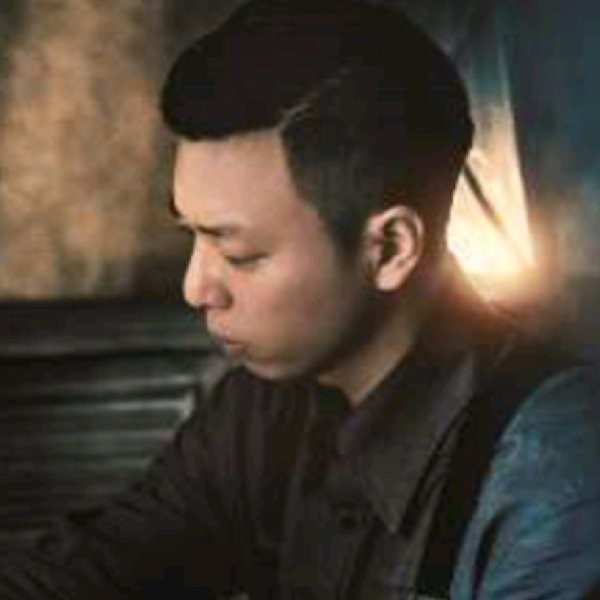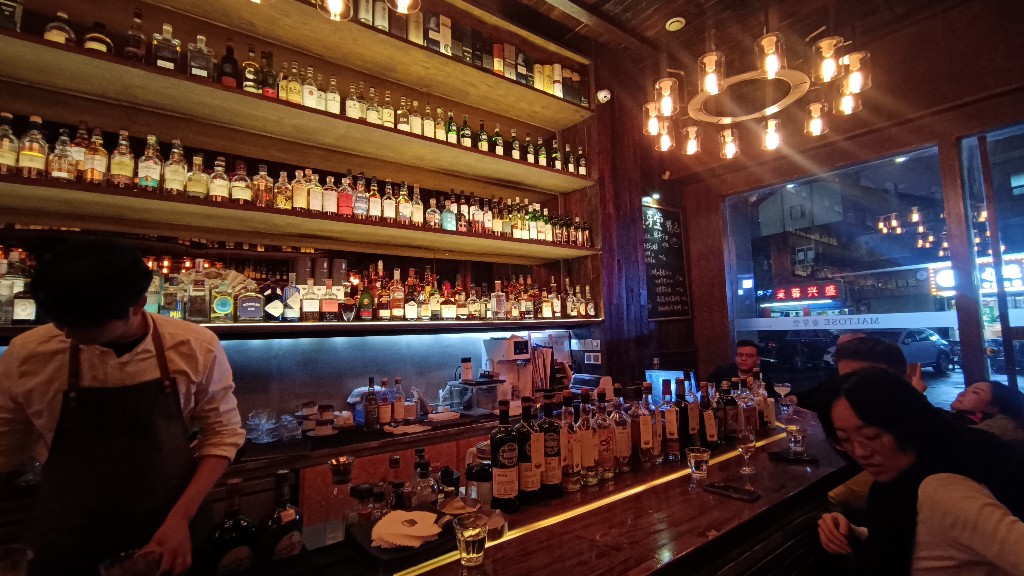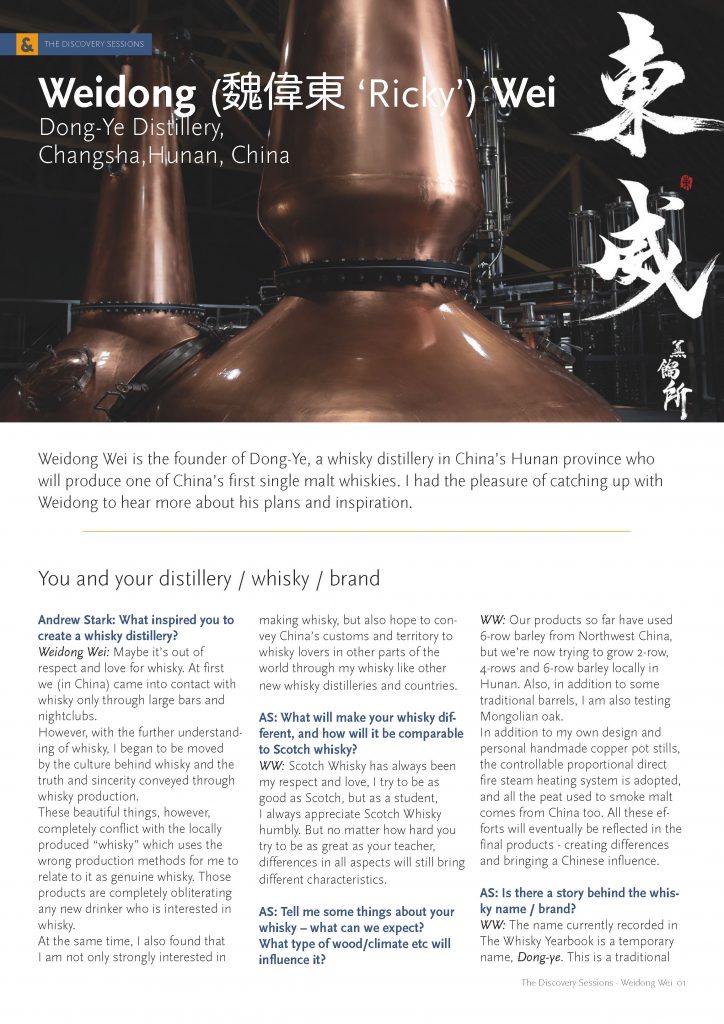Weidong Wei is the founder of Dong-Ye, a whisky distillery in China’s Hunan province who will produce one of China’s first single malt whiskies. I had the pleasure of catching up with Weidong to hear more about his plans and inspiration.
Part 1: You and your distillery / whisky / brand
Andrew Stark: What inspired you to create a whisky distillery?

Weidong Wei: Maybe it’s out of respect and love for whisky. At first we (in China) came into contact with whisky only through large bars and nightclubs.
However, with the further understanding of whisky, I began to be moved by the culture behind whisky and the truth and sincerity conveyed through whisky production.
These beautiful things, however, completely conflict with the locally produced “whisky” which uses the wrong production methods for me to relate to it as genuine whisky. Those products are completely obliterating any new drinker who is interested in whisky.
At the same time, I also found that I am not only strongly interested in making whisky, but also hope to convey China’s customs and territory to whisky lovers in other parts of the world through my whisky like other new whisky distilleries and countries.
AS: What will make your whisky different, and how will it be comparable to Scotch whisky?
WW: Scotch Whisky has always been my respect and love, I try to be as good as Scotch, but as a student, I always appreciate Scotch Whisky humbly. But no matter how hard you try to be as great as your teacher, differences in all aspects will still bring different characteristics.
AS: Tell me some things about your whisky – what can we expect? What type of wood/climate etc will influence it?
WW: Our products so far have used 6-row barley from Northwest China, but we’re now trying to grow 2-row, 4-rows and 6-row barley locally in Hunan. Also, in addition to some traditional barrels, I am also testing Mongolian oak.
In addition to my own design and personal handmade copper pot stills, the controllable proportional direct fire steam heating system is adopted, and all the peat used to smoke malt comes from China too. All these efforts will eventually be reflected in the final products – creating differences and bringing a Chinese influence.
AS: Is there a story behind the whisky name / brand?
WW: The name currently recorded in The Whisky Yearbook is a temporary name, Dong-ye. This is a traditional Chinese appellation. “Ye” (爺) is added after a person’s last name to express that he is a real man. But the official name will be Dong-Wei. The Chinese meaning is Oriental power and also Oriental whisky, and very coincidentally, the pronunciation of Dong-Wei is my name if you look backwards.
AS: How will you be positioning your whisky in terms of customer, occasion, price point etc?
WW: To tell the truth, this issue is very commercial. I have been trying to make whisky better before, ignoring this aspect. But I positioned myself more for whisky lovers and whisky bars more than nightclubs and other places. I will determine the price of my products by conducting some blind test by whisky fans.
Part 2: The Chinese whisky industry
Andrew Stark: What is the Chinese whisky market like? Producers / sellers / bars etc?
Weidong Wei: Mainland China’s whisk(e)y market has been developing at a very fast speed. More and more people come into contact with real excellent whisky through whisky bars, friends’ introductions and parties in recent years.
However, in the early stage, most of the makers of Chinese whisky were made by manufacturers with completely incorrect technology and were mainly focussing on providing volume to nightclubs rather than a quality and unique product. The term ‘whisky’ didn’t apply as it did to the regulations of Scotch Whisky and in my opinion, the products were very inferior and were sold on the basis on mimicking other, well-known brands.
The professional ‘big’ whisky distilleries were not completed and put into operation until 2021 – and this will see a change towards a more quality-led and accurate portrayal of whisky.
But all this is based on the traditional charm of whisky. If whisky industry abandons some of its most valuable characteristics because of market profit, the market will eventually stop at the lack of integrity as it happens before.

AS: How are you expecting the drinkers of traditional whiskies (Scotch, Irish) to react to Chinese whisky?
WW: Time and distributors will bring it to those who love whisky, just as we will try all kinds of single malts from northern Europe, Australia, the United States and India too. This is a kind of interest, and it is also a component of whisky that I understand as a symbol of free choice.
AS: What do you see as the biggest trends in the whisky industry right now?
WW: I found that there are more young expressions, design languages and packaging methods in products. This rejuvenation also appears in the product itself, shorter aging and more direct expression and more flavour barrel attempts.
AS: Do you think whisky drinkers are more open to trying new drinks online? (due to Covid)
WW: In fact, there have been many online tasting activities around us. We not only share our tasting experience on the Internet, but also buy samples and synchronize video tasting on the
Internet. Although the interaction is not as vivid as the on-site activities, I don’t think there is much difference in essence at the stage of listening, introducing and tasting, And everyone seems to accept such activities.
Part 3: Marketing whisky
AS: How much do you think consumers are interested in sustainability of a drink such as whisky?
WW: I think people who love whisky must love freedom, because everyone has its supporters for trying different styles of distillery. Therefore, I think even novices of whisky will slowly accumulate tasting experience and take whisky as their own long-term drink. But similarly, out of curiosity about all spirits, not everyone will stop here, because they will love freedom and try more spirits, which is also a very wonderful thing for life.
AS: Out of the following, which do you think is more important to a creating a great whisky brand?
(A story / Sustainability / Terroir / Still : Cask configuration / Unique bottlings / Brand identity / A passion?)
WW: A passion; because in my opinion, whether it is the consistency requirements of products in business, the creativity of products in art, or the self-improvement of product quality, these things can be inherited in one person or a group of people, and only 100% pure enthusiasm can support the consistency of spiritual inheritance.
AS: Out of the following, which do you think is more important to a whisky brand promoting itself?
(Visiting a distillery / Virtual tastings / In-person tastings / Influencers & bloggers / Clubs & events / Social media?)
WW: In-person tastings. It’s so important that people get to sample my whisky, but also to understand me and my brand. Social media can support this, but my goal is always to meet people face to face. I’ve been spending a lot time promoting at local bars where people go to experience whisky. It’s also good to get immediate feedback and build up good rapport.
AS: If I were opening a distillery next year, what three bits of advice would you give me based on your experiences?
WW: If I have such a plan next year, my personal suggestion is to make a budget first, including the early equipment and site rental expenses, and then at least double the budget, and then see if still have enough funds for a certain amount of production.
Finally, we need to estimate all the conceivable expenses during the ageing period, and then double the estimated figure. It’s best to also evaluate whether your professional skills are enough to support the construction of a new plant, otherwise the cost of trial and error is also a huge expense. And the loss of time is also a non renewable resource. If the funds are rich enough, turn key can be considered to allow professional manufacturers to carry out initial construction. They have enough project experience to ensure that your distillation plant is on the road smoothly.
AS: Which whisky brands do you admire for their visual appeal and advertising/marketing?
WW: I personally like the design and virtual experience of Ardbeg, the packaging of Hibiki, and the publicity with Macallan. At the same time, I like Bruichladdich’s website.
AS: What is your favourite whisky to drink (based on flavour..!)?
WW: It’s really difficult to choose my favourite. My favourite for whisky is often one level. Every distillery will have excellent whisky that makes me addicted. For example, Bruichladdich’s Black Art and Octomore, Hibiki 21 years, and the Soloist series of Kavalan, etc. It’s too difficult. Forgive me. I can’t choose my favourite. In a sentence we often joke about, children make choices. The answer of adults is that I want them all.


